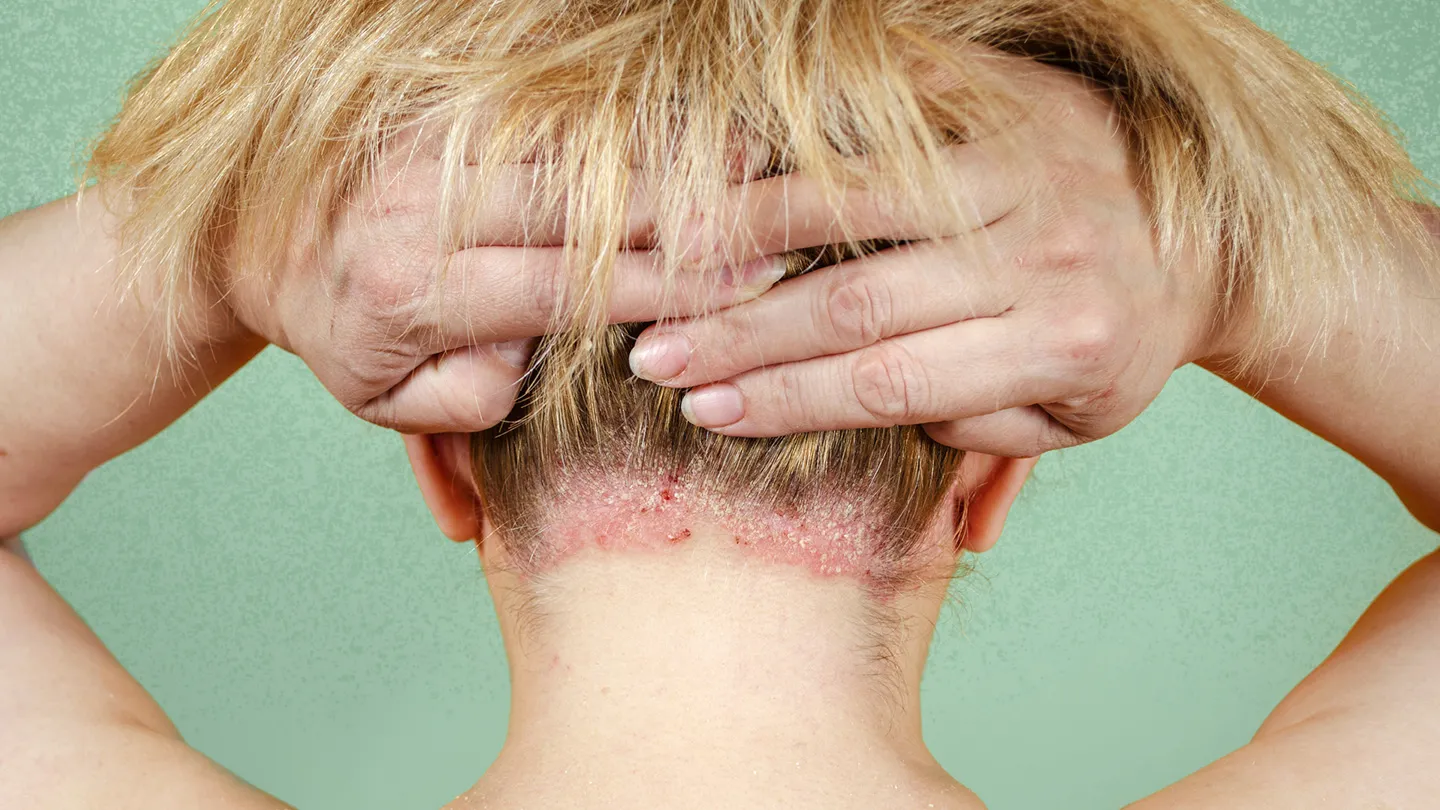Lifestyle
A dermatologist outlines four methods for differentiating between psoriasis of the scalp and dandruff: From discomfort to inflammation


By Kajal Sharma - 03 Sep 2025 04:39 PM
Dr. Priyanka Kuri explained how to differentiate between psoriasis and dandruff so that we can get medical attention right away. This is what you should know.A more serious condition like psoriasis may be indicated by persistent or severe symptoms of dandruff, which can create an itchy, flaky scalp and even fall on your shoulders. "Scalp and hair irritation and flakes are often dismissed as common dandruff, but a more severe condition could be afoot," Dr. Priyanka Kuri, dermatology consultant at Aster Whitefield Hospital in Bengaluru, stated in an interview with HT Lifestyle. In its early stages, scalp psoriasis, a chronic immunological disorder, may not be readily noticeable and resembles dandruff.Many people put off getting treatment for psoriasis because they mistake it for dandruff. In contrast to dandruff, scalp psoriasis can spread to other parts of the body, including the forehead, neck, or immediately behind the ears, the doctor continued.
Here are several methods for differentiating between the conditions:1. Type and texture of flakes: Psoriasis flakes are extremely thick, dry, and seem silvery, whereas dandruff flakes are often light, greasy, and white in color. 2. Redness or inflammation: Unlike dandruff, scalp psoriasis frequently manifests as a red or swollen patch that stretches past the hairline. 3. Persistent itching or discomfort: Both scalp dandruff and scalp psoriasis cause itching, but the psoriasis variation will typically be far more severe in uncomfortable or painful situations.4. Dryness and cracking: People with psoriasis may experience extremely dry scalps and develop potentially bleeding cracks. "If you have psoriasis, dandruff shampoos are not going to help you, and trying to treat this on your own is important to avoid a worse flare," Dr. Priyanka Kuri said, stressing the importance of seeing a dermatologist as soon as possible. You ought to get help as soon as you can.
























